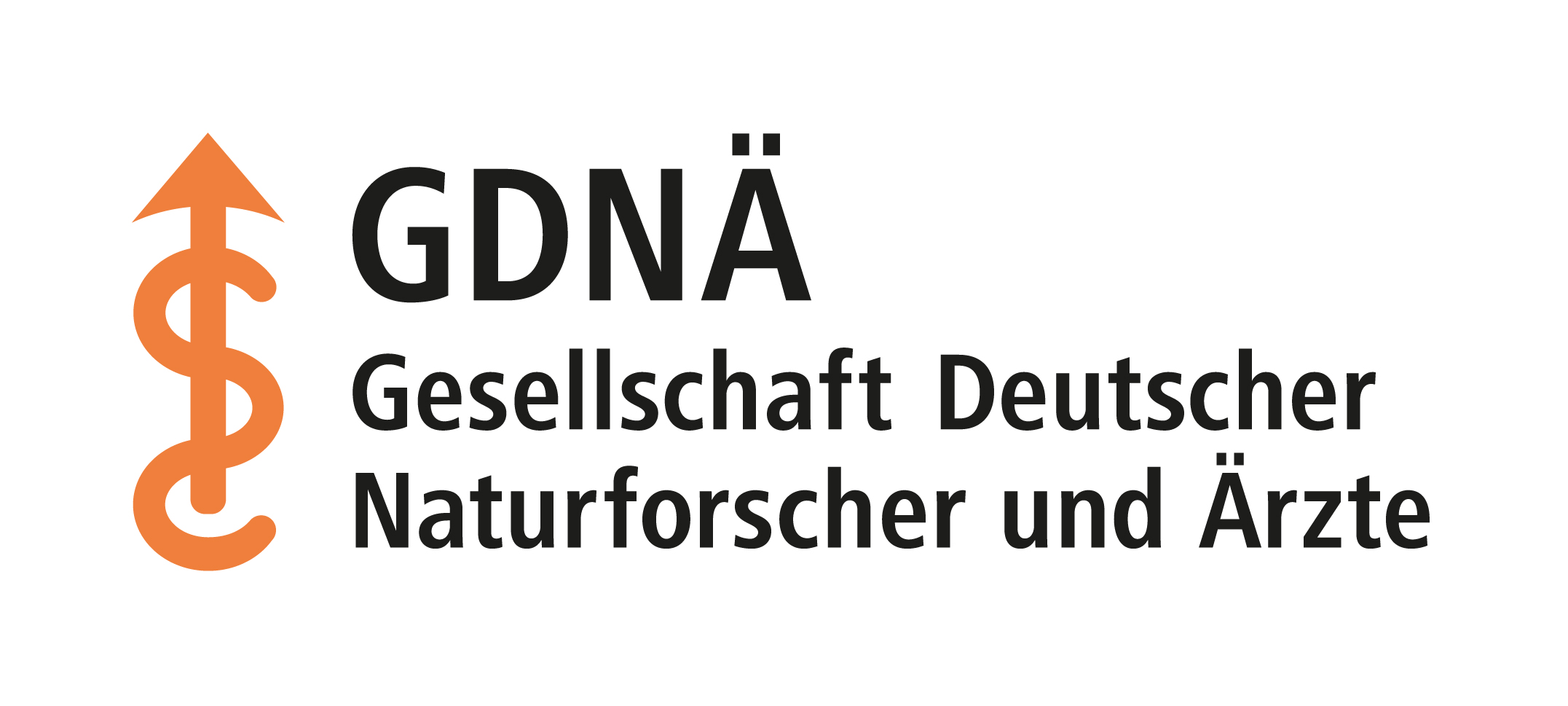“The University of Potsdam is looking forward to the GDNÄ”
Barbara Höhle, psycholinguist and Scientific Executive Director of the 2024 Assembly, on her university in the excellence competition, research with babies and overcoming language barriers.
Professor Höhle, as Vice President you are responsible for research, academic qualification phase and equal opportunities at the University of Potsdam. What is particularly important to you in this broad field?
All three areas are important and we are active in all of them. In recent years, for example, we have expanded our tenure-track offer to become more attractive for researchers in early career phases. We now appoint younger colleagues to W1 and W2 professorships early on, where they can then prove themselves. The topic of equal opportunities has always been close to my heart and it is also becoming increasingly important with the increasing diversity and internationality of our students and employees. Most of my time in the last few months has been spent on research. Together with researchers from our faculties, we have developed three applications for research clusters with which we are participating in the university excellence competition.
What are the topics?
One proposal focuses on biodiversity change and the role of the individual in an ecosystem. The next is about the dynamics of cognition and behaviour, the connections between language and cognition, development, learning and motivation. The third proposal focuses on water extremes with serious consequences: Here, for example, the focus is on predictability and risk minimisation in floods. In all three concepts, cooperation with non-university research institutions in the region also plays a role.
Why were the topics described selected?
They correspond to the research priorities of our university. In 2019, the university has established four focus areas: Earth and Environmental Sciences, Evolutionary Systems Biology, Cognitive Sciences and Data-Centric Sciences. After four years of operation, the focus areas will be evaluated by external reviewers this autumn. I am very confident about the outcome. Because the performance of our university is enormous, as we have just seen again in the preparation of the cluster proposals.

© Ernst Kaczynski
Campus Neues Palais, near the Sanssouci Palace Park: the offices of the university administration are located here.
What will happen with the submitted cluster proposals?
In February of next year, we’ll find out whether we can move on to the next round and prepare full proposals. Whether we receive funding for excellence will be decided in May 2025.
And if it doesn’t work out?
That can happen, and you simply have to expect it in science. If it does, we will pick ourselves up again and continue. We’ll stick to the research projects we’ve designed now in one form or another and look for new funding pots if we have to.
How much time do you have as Vice-President for your own research?
The work in the Presidium is considered a sideline, but at the moment I actually spend more time on it than on my scientific tasks. 60 per cent committee work and other tasks in the Presidium, 40 per cent teaching and research – that’s how I estimate the ratio.
You have been a professor of psycholinguistics with a focus on language acquisition at the University of Potsdam since 2004. What exactly is your research about?
The focus is on the question of how children learn their mother tongue. What do children bring into the world? What part does the environment play? But also: Why do some children have difficulties acquiring their mother tongue? My team and I try to find answers to questions like these.
What results do you come to?
One of our findings, for example, is that children as young as six months have a distinct sense of speech melody and rhythm. We were able to observe this in a comparative study with German and French babies, to whom we played first stressed words, which are characteristic of German, and final stressed words, which are common in French. Examples of such words are “merci” and “danke” or “tulipe” and “tulip”. It was clear that the German babies paid more attention to first stressed words than to final stressed words, whereas this was not the case with the French babies. From this we can see that children have already recognised certain characteristics of their mother tongue at a very young age.
It seems reasonable to assume that your research can have practical significance. Is that true?
Yes, our findings can be used for paediatric diagnostics. For example, we have found in our research that babies who recognise certain patterns, such as melody and rhythm, of their mother tongue as early as five months of age have better language skills than less adept peers by the age of five. This shows that indications of a risk for language acquisition can be found at a very early age, so that early countermeasures can be taken. The earlier this happens, the better, because the gap between more and less linguistically competent children widens over time.

© Karla Fritze
Golm Campus: One of the largest science parks in the region has been created here in a rural setting. The BabyLAB, which Barbara Höhle helped to build, is located here.
Many children today grow up multilingual. Is that an advantage or rather a disadvantage?
We see that young children can cope very well with several languages and also master them well. Sometimes words from one language may be seamlessly integrated into the other, but that is not a sign of chaos in the mind. The 1970s thesis that children from multilingual families are semi-lingual, i.e. that no language is learned properly, is now considered to be disproved.
Psycholinguistics and language acquisition are not among the classic topics of the GDNÄ. How do you situate your subject in this society focused on natural sciences?
I see myself as a natural scientist. Language and the ability to learn it are central human characteristics – perhaps even characteristics that make us human. In this respect, I research human nature, often using experimental methods from the natural sciences. An example: In infant research, it is always a question of getting babies to react to certain stimuli without being able to explain the task to them. A procedure similar to methods used in behavioural biology is helpful here. Here we record exactly how long the children look at an apple when they hear the word “apple” alternating with the word “banana”. From this, we can conclude what the babies already know or have learned in a certain situation.
What is the significance of the GDNÄ for you?
The GDNÄ stands for an interdisciplinarity that is extremely important and that our science system lacks in many places. I’m thinking, for example, of an application for collaborative research in the field of physics and chemistry, which I helped to support as vice-president. It took a lot of time until the disciplines involved had found a common language and could work well together. Similar to other classical natural sciences, they had been researching independently of each other for decades. This is where the GDNÄ is of great importance. It can help to get the dialogue between the disciplines going again.
The University of Potsdam will host the next GDNÄ Assembly in 2024. What can the guests expect?
Guests can expect a young, dynamic and aspiring university that is looking forward to hosting this important and traditional assembly. In addition, we can offer a place that is rich in culture and wonderful nature. I hope the guests will also find some time for this setting of the event.

© Ernst Kascynki
Prof. Dr. Barbara Höhle, Vice President for Research, Academic Qualification and Equal Opportunities at the University of Potsdam.
About the person
Prof. Dr. Barbara Höhle studied linguistics, psychology and social sciences at the Technical University of Berlin. She received her doctorate and habilitation at the Free University of Berlin. She has been Professor of Psycholinguistics at the University of Potsdam since 2004. Barbara Höhle was instrumental in establishing the BabyLAB, which studies the development of children from the fourth month of life and celebrates its 25th birthday this year. In January 2021, the experienced science manager took over as Vice President for Research, Young Scientists and Equal Opportunities, a post she will hold until the end of 2023. In the run-up to the 2024 GDNÄ Assembly, Barbara Höhle establishes many connections with the scientific community in Potsdam and the surrounding area as Scientific Executive Director.

© Kevin Ryl
In the BabyLAB: Here the development of children from the age of four months is studied.
Weitere Informationen:
